The most popular archive photos in 2013
Categories: History
By Pictolic https://pictolic.com/article/the-most-popular-archive-photos-in-2013.htmlOne of the most famous sites in recent times – Pinterest – has published the most popular archive photos among its subscribers. It was these historical pictures that the subscribers of the site shared with each other most often in the outgoing 2013. Well, let's see together what vampires were exterminated with, look into the Moulin Rouge dressing room, take a look at the smallest member of the Ku Klux Klan and see a lot more interesting things…
We present to you our Top 20 photos from the most popular archive images of this year.
(20 photos in total)
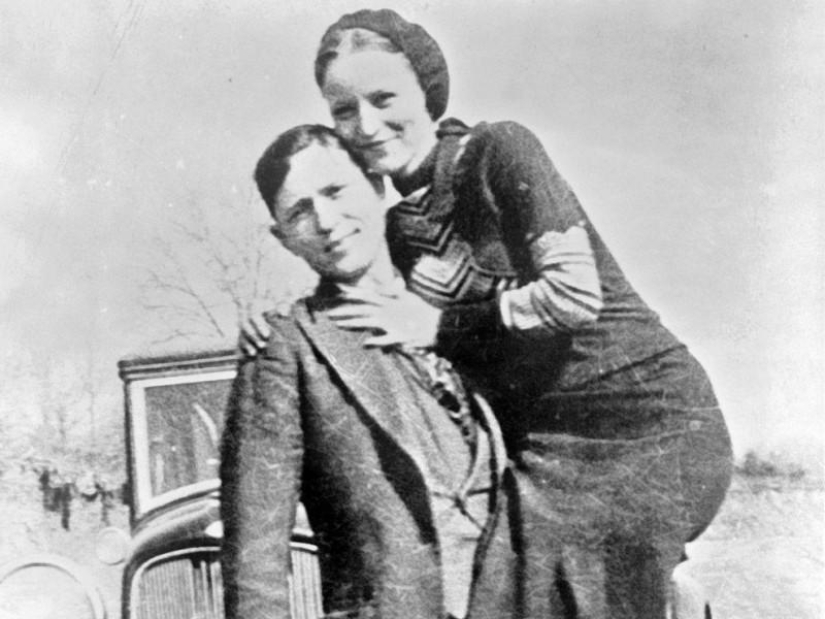

1. A small member of the Ku Klux Klan touches his own reflection in a stormtrooper's shield during a demonstration in Gainesville, Georgia, on September 5, 1992.
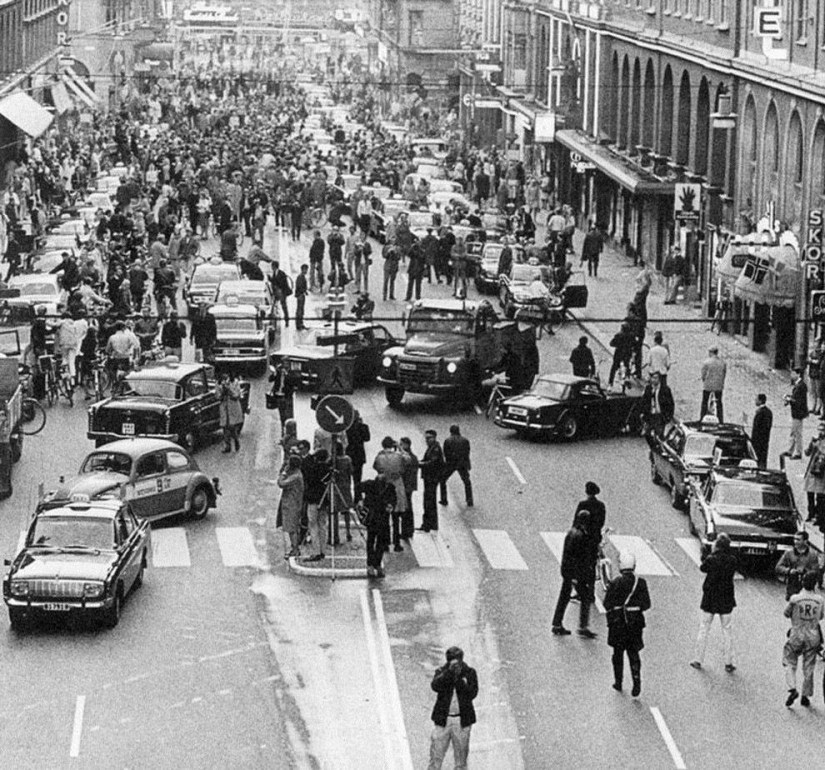
2. Sweden on the first day of the transition from left-hand traffic to right-hand traffic, September 3, 1967.
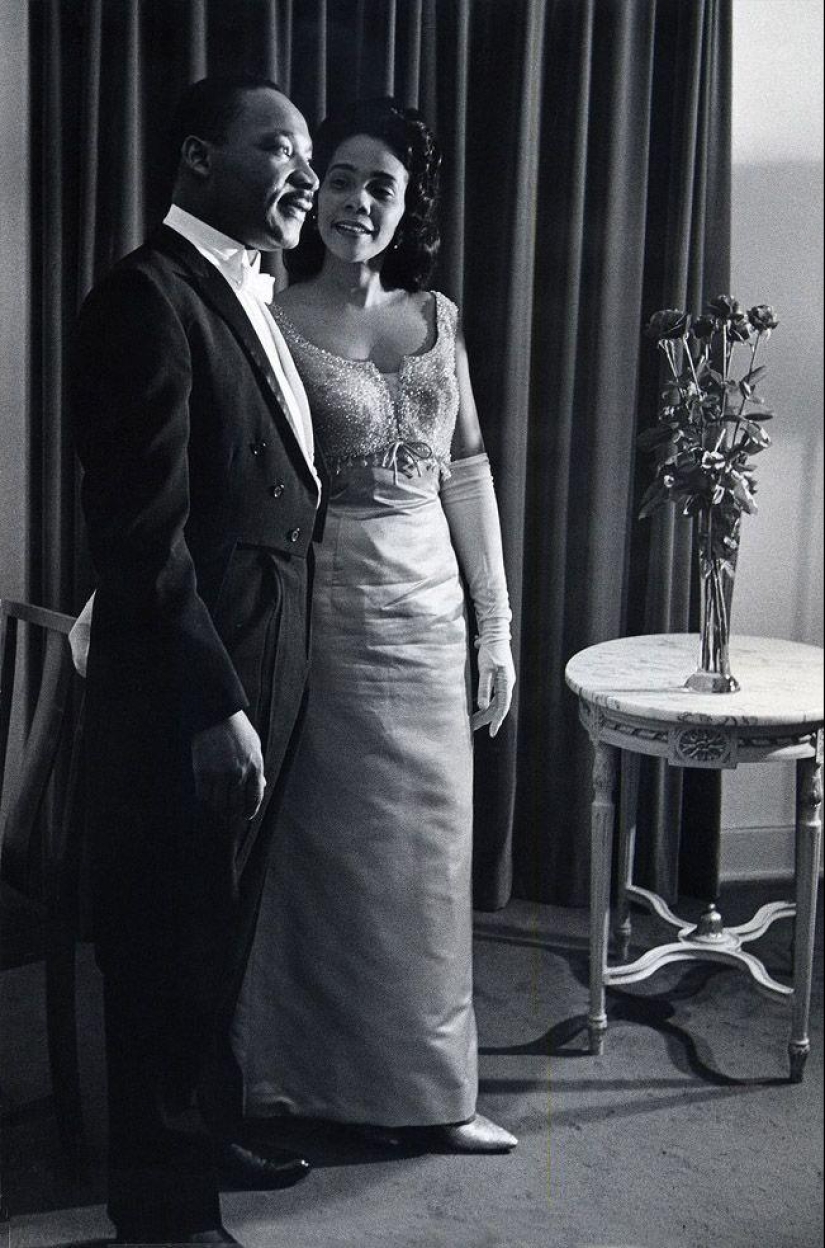
3. Martin Luther King Jr. with his wife Coretta Scott King.

4. John F. Kennedy in Mexico.

5. Berlin, 1989.
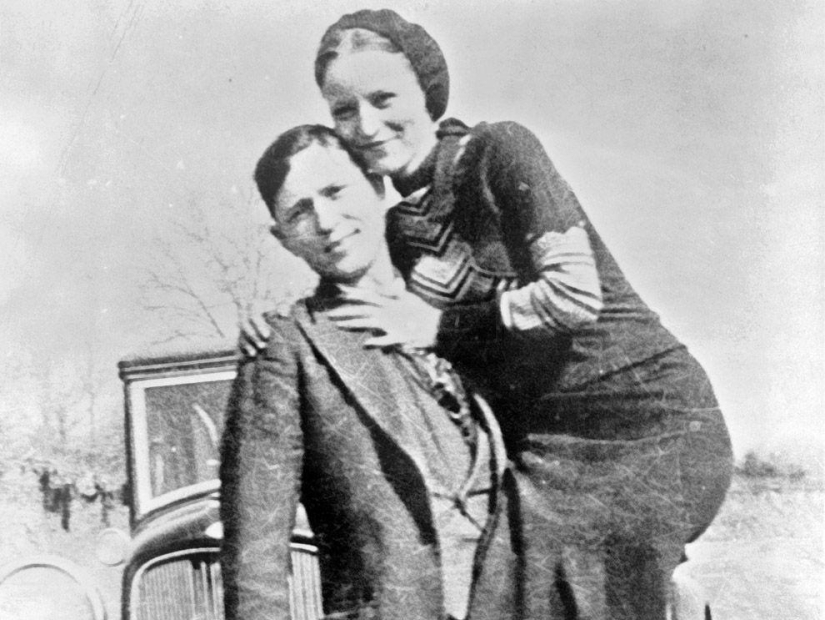
6. Bonnie and Clyde.
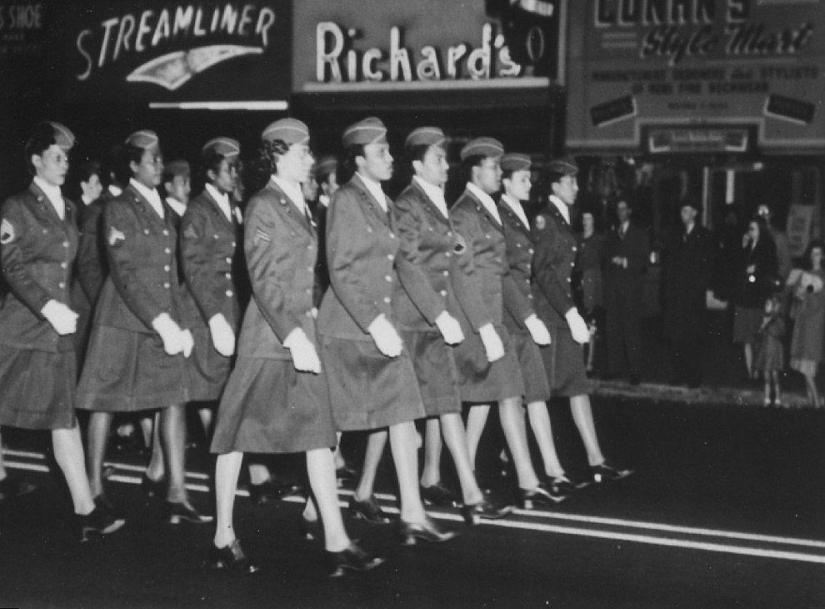
7. Tuskegee flight attendants, 1940s.
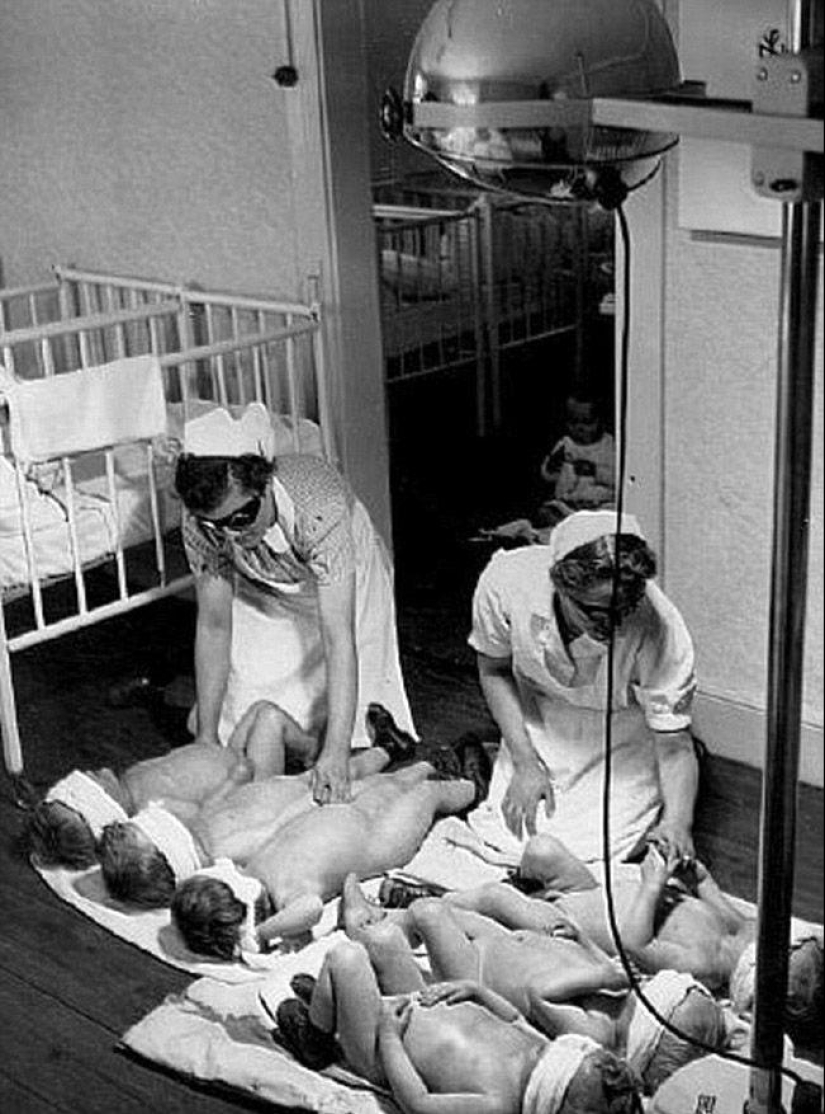
8. German nurses who helped scientists to bring out a pure race of Aryans.
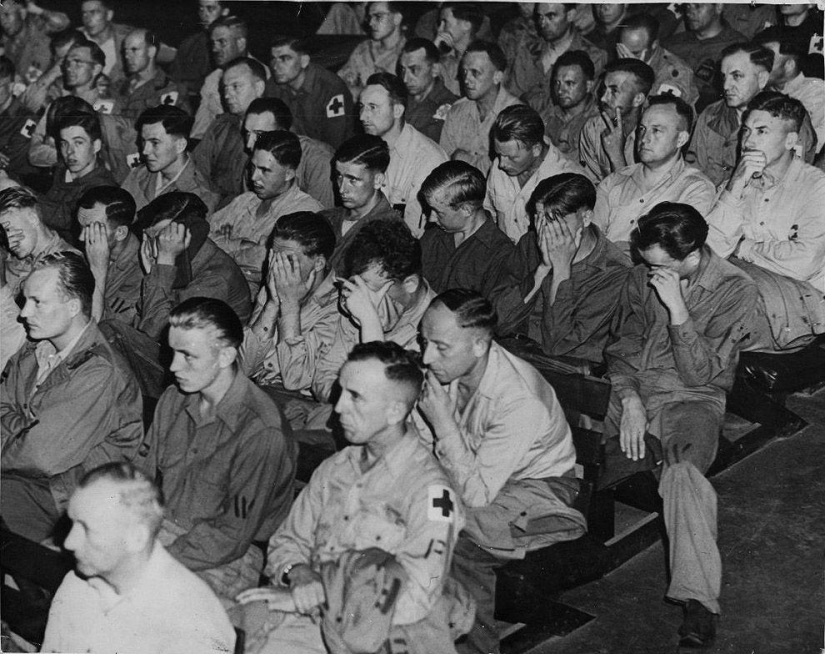
9. The reaction of German prisoners of war to uncensored filming from concentration camps.
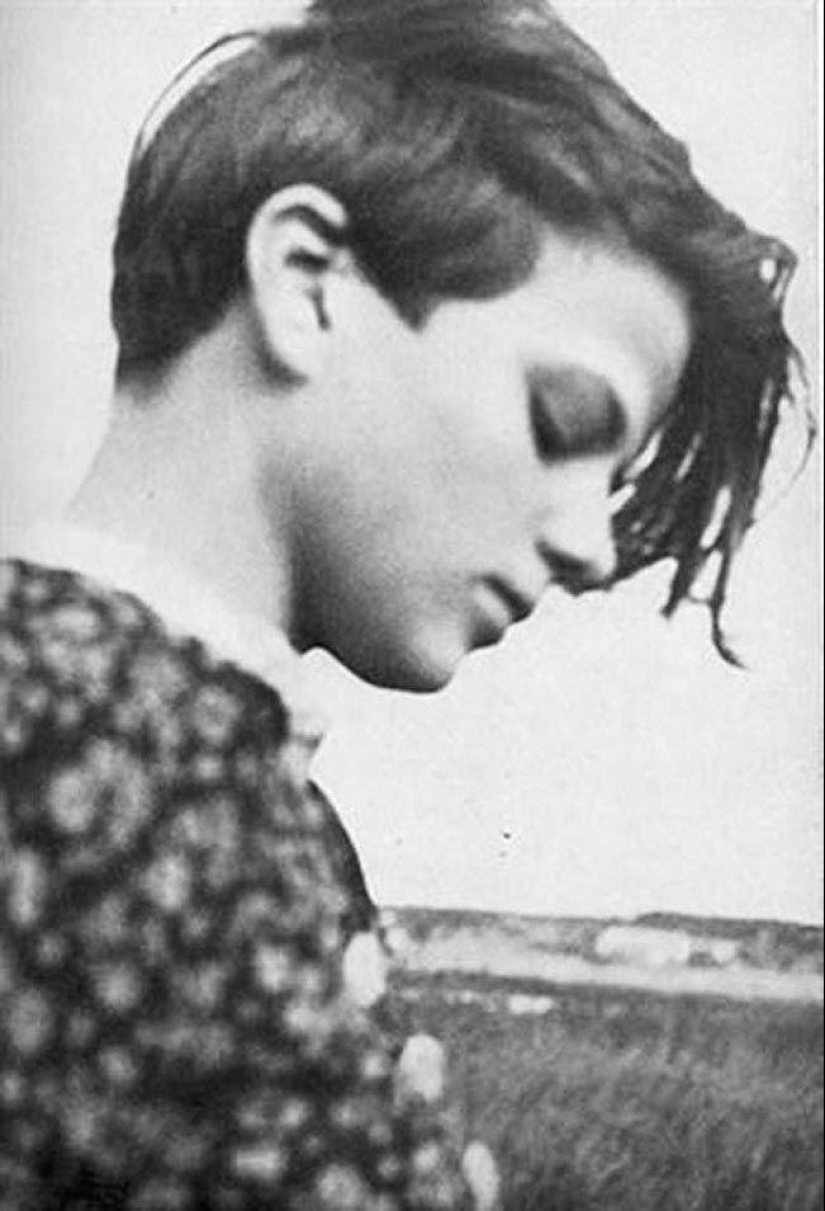
10. German Sophie Scholl, executed for distributing anti-Nazi leaflets.
Her last words: "How can virtue triumph when practically no one is willing to sacrifice themselves for it? It's such a beautiful sunny day, and I have to leave."
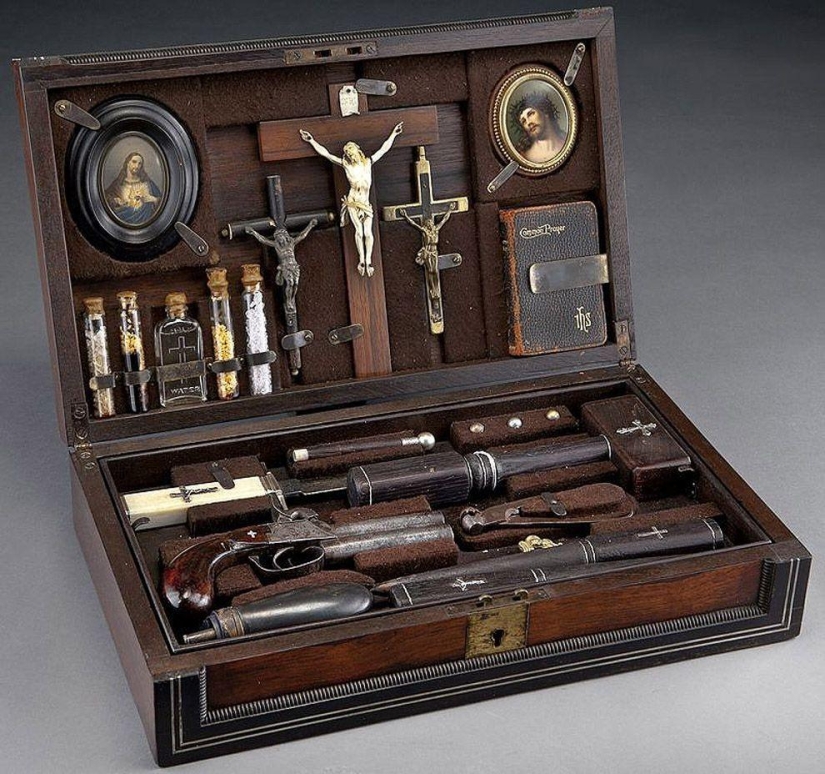
11. Vampire Slayer kit, circa 1800s.
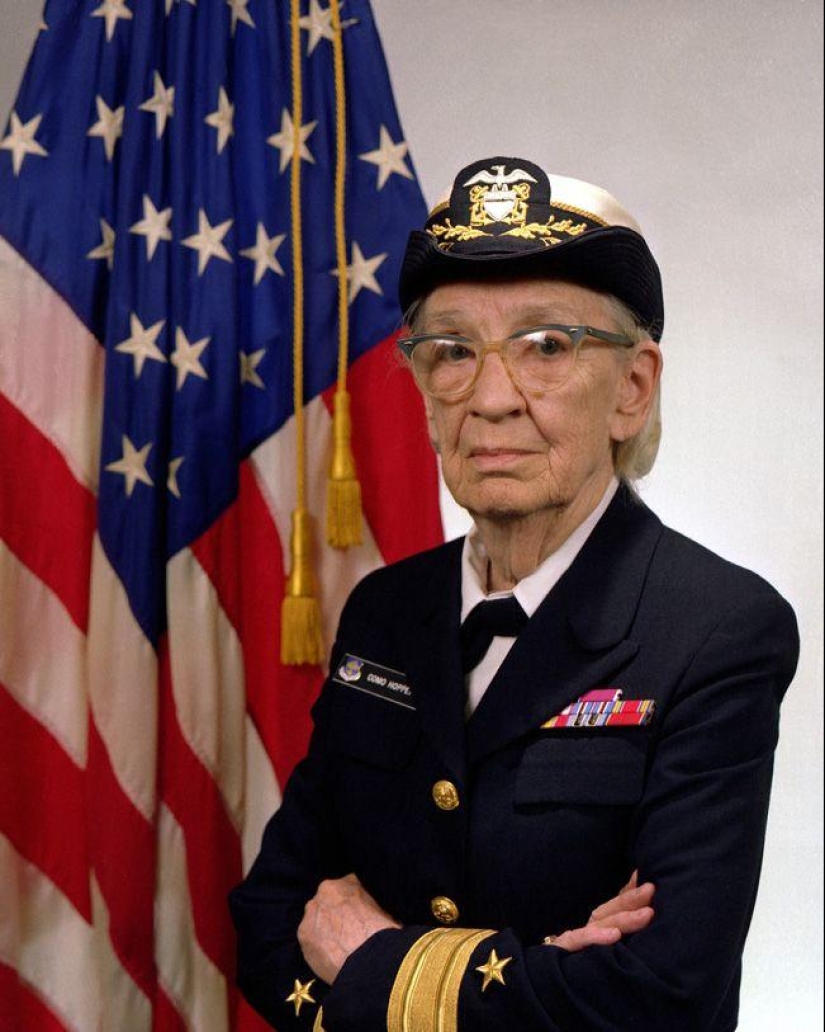
12. Grace Hopper, the creator of the first programming language.
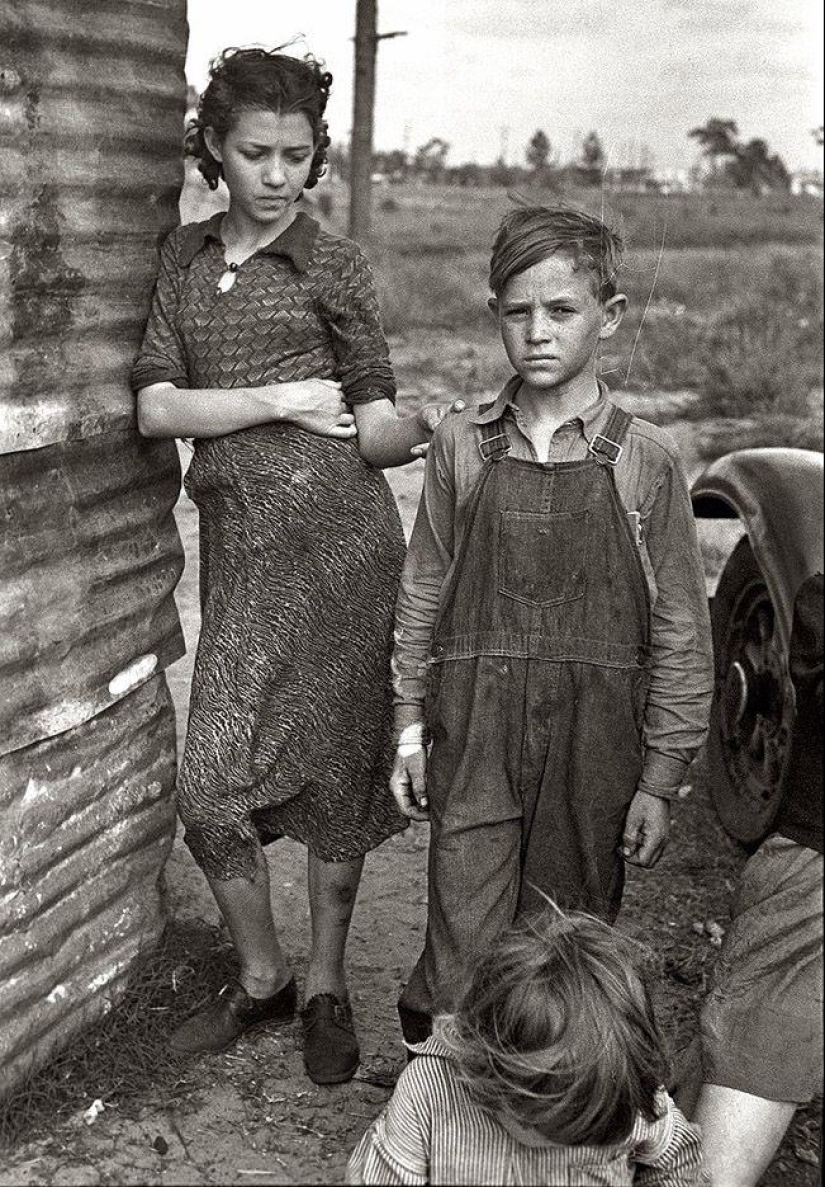
13. January 1937: Part of a family of a migrant worker from Tennessee living near a factory in Winter Haven, Florida.
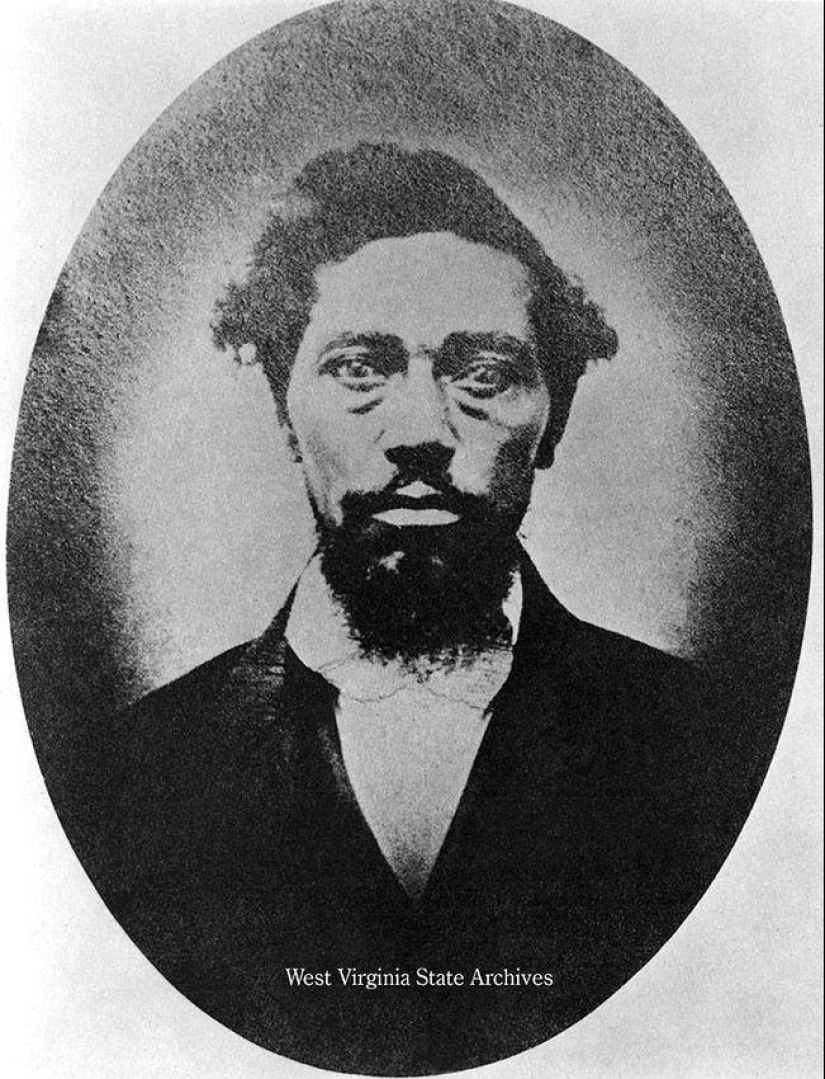
14. The real Django.
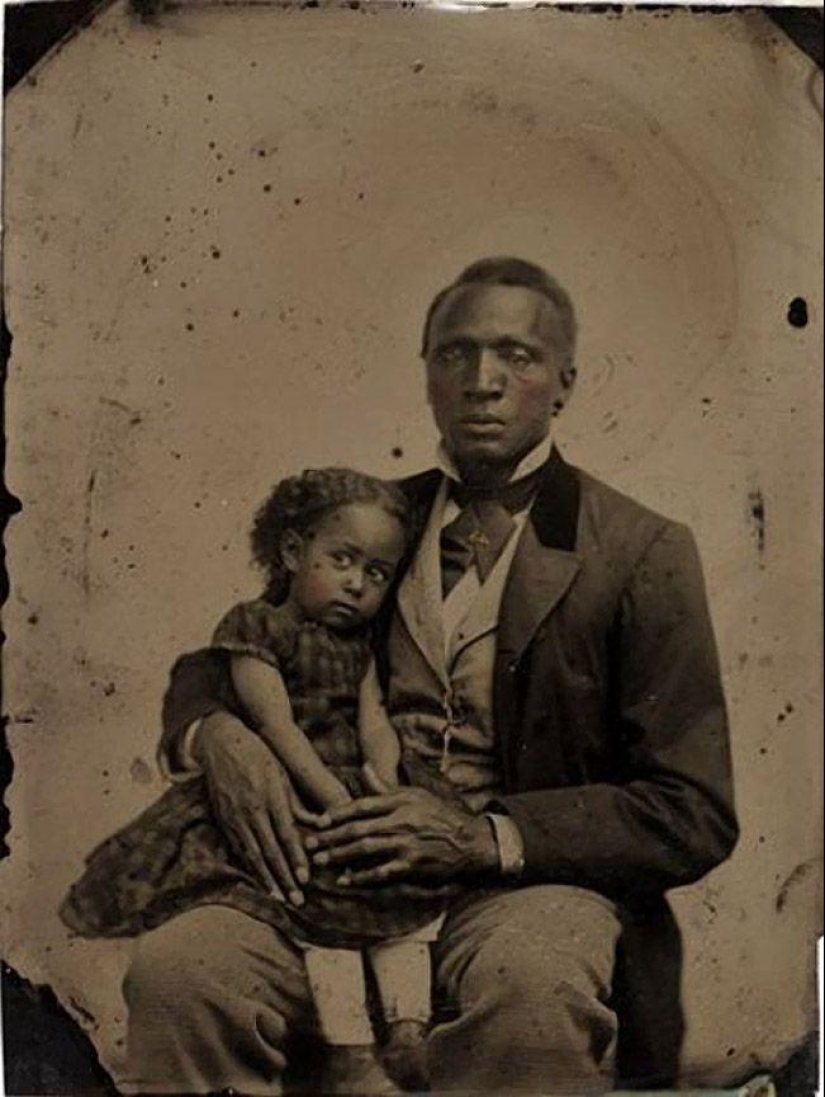
15. Django, ca. 1870s.
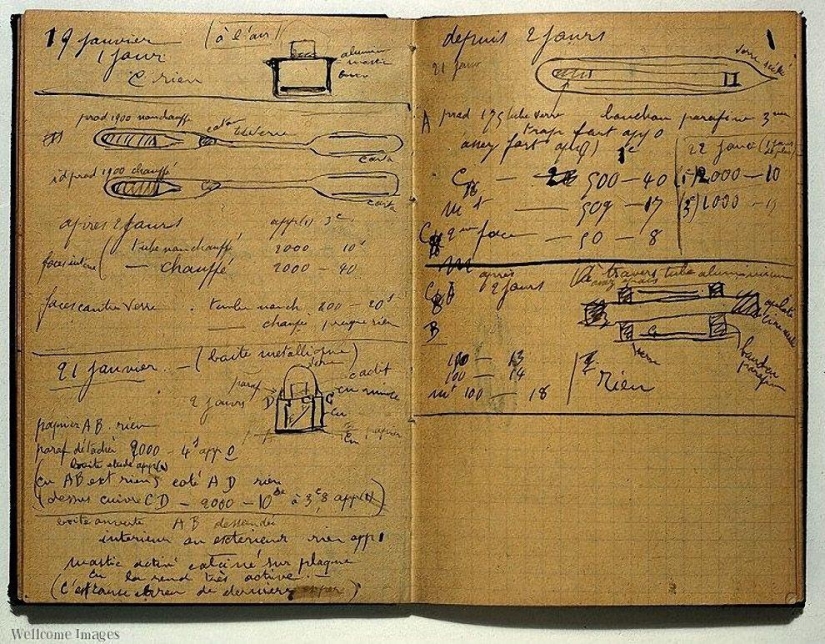
16. Experimental diary of Marie Curie.
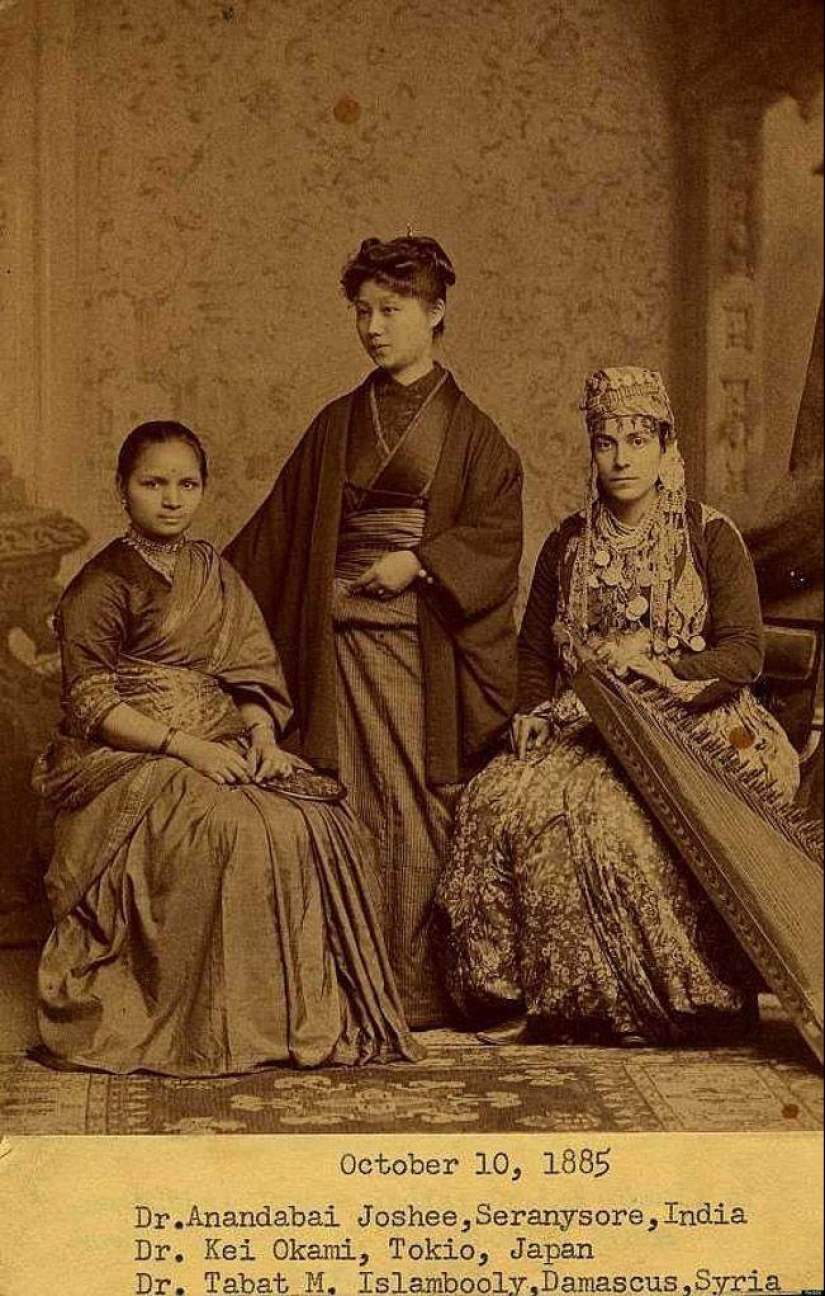
17. Indian, Japanese and Syrian female students of the women's medical College in Philadelphia, 1885.
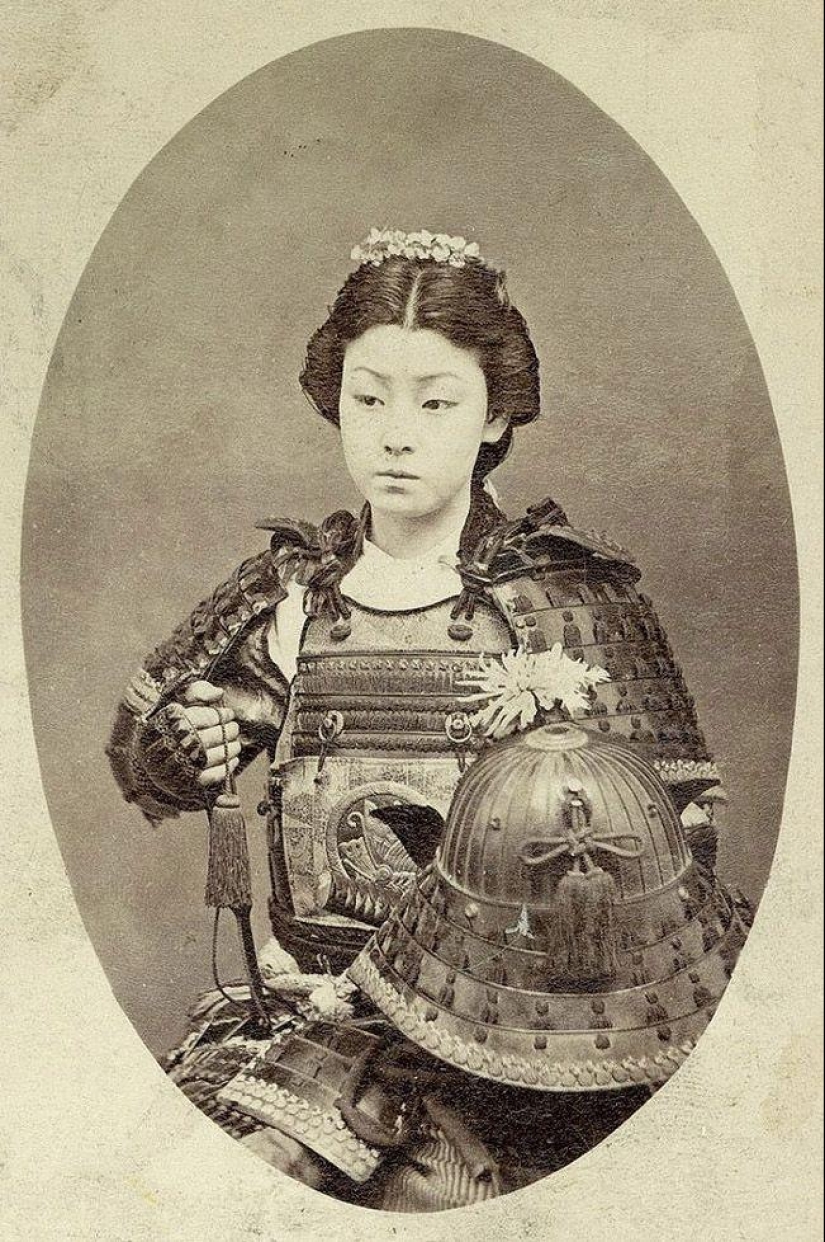
18. Onna-bugeisha is one of the female warriors from the samurai class in feudal Japan.
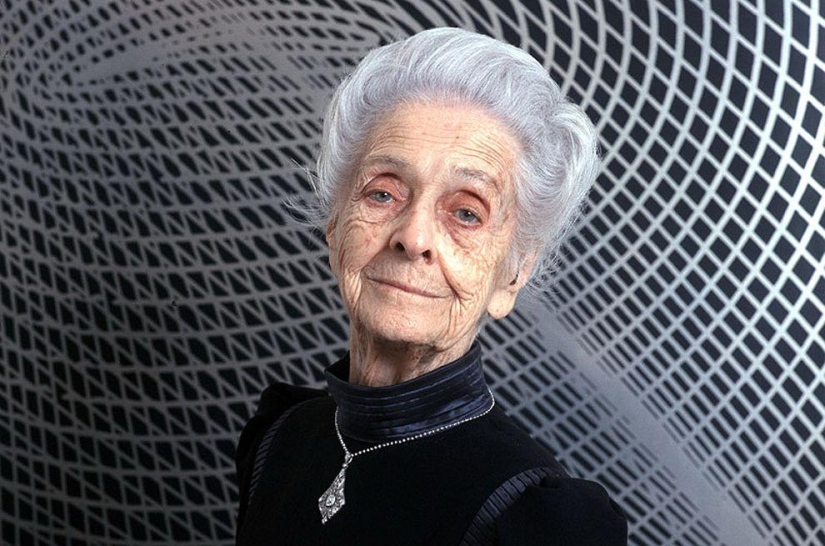
19. Rita Levi-Montalcini, 1909-2012.
At the age of 20, she disobeyed her father, who believed that a woman should not go to college – she entered the university. In 1938, she lost her job because she was an Italian Jew. Despite this, she continued her research, using her bedroom as a laboratory. In 1943, when Germany invaded Italy, she was forced to flee and live underground. After the liberation of Italy, she worked as a doctor in a refugee center. After moving to the USA, she discovered nerve growth factor, which helped us better understand the cells of the body and led to many medical discoveries. She received the Nobel Prize in Medicine. She retired in the 1970s, but continued to work when she was over 100 years old, not only in the field of science, but also in politics.
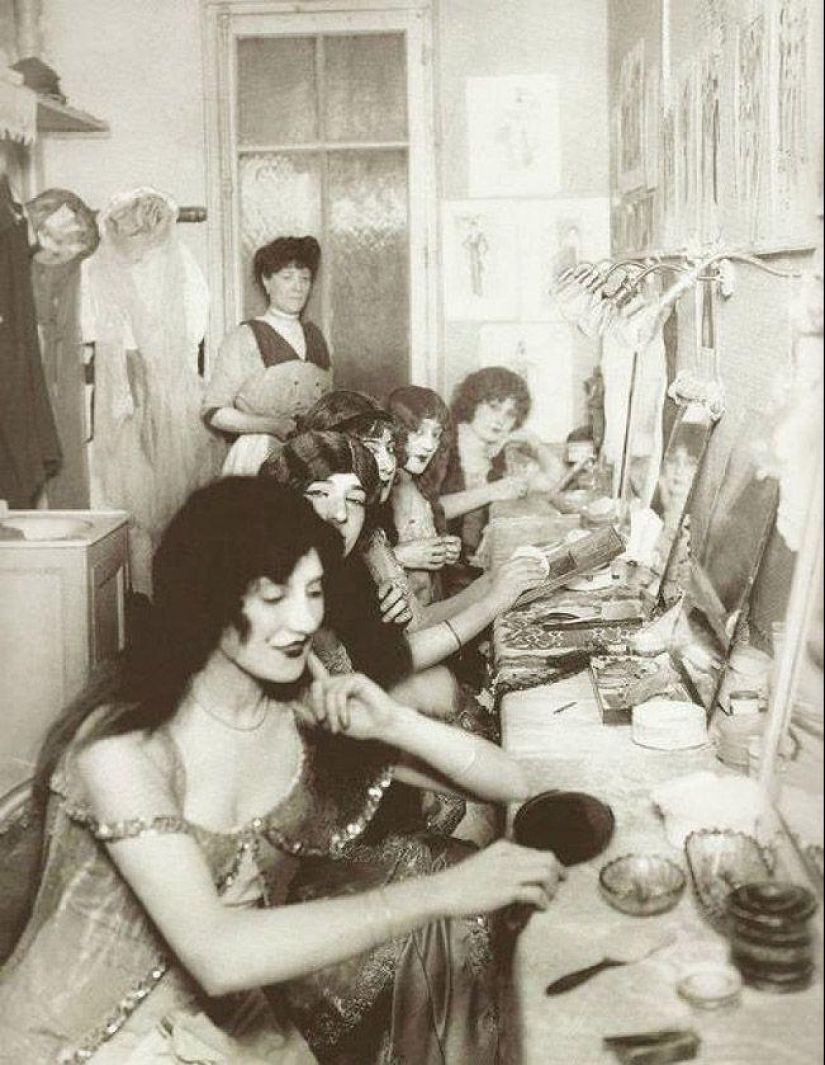
20. 1913-1924: the Moulin Rouge dressing room.
Keywords: 2013 | Archive | Best photos | Social networks
Post News ArticleRecent articles

It's high time to admit that this whole hipster idea has gone too far. The concept has become so popular that even restaurants have ...

There is a perception that people only use 10% of their brain potential. But the heroes of our review, apparently, found a way to ...
Related articles

The Indochina Peninsula, located in southeast Asia, is a favorite place for tourists all over the world. Myanmar, Thailand, Laos, ...

After the surrender of Japan in 1945, allied forces led by the US invaded the country. The Empire disintegrated, its form of ...

1950's years, often called the Golden era of American history, a time of happiness and prosperity — despite the racial ...

New Year's is a time to surprise and delight loved ones not only with gifts but also with a unique presentation of the holiday ...